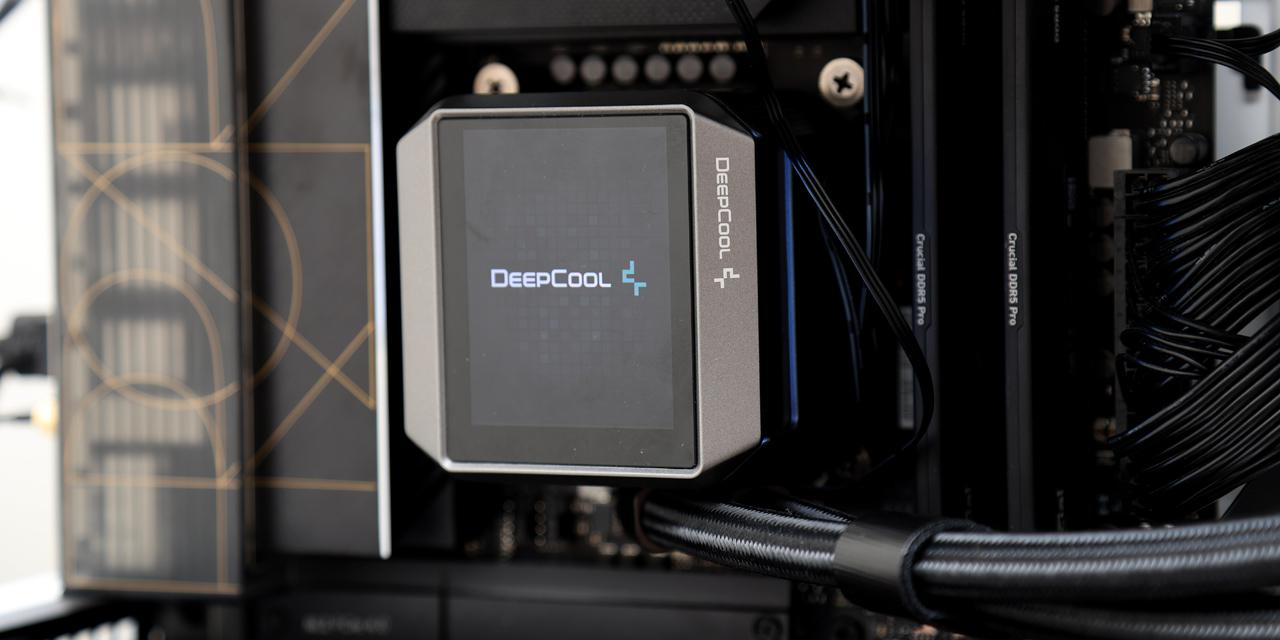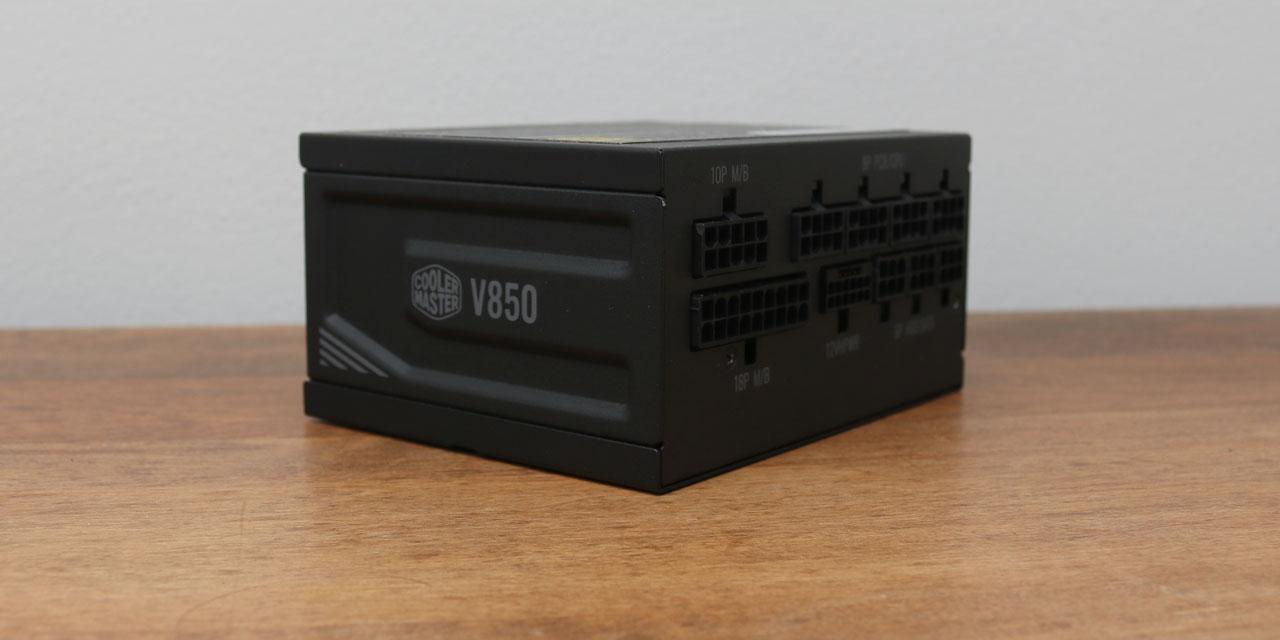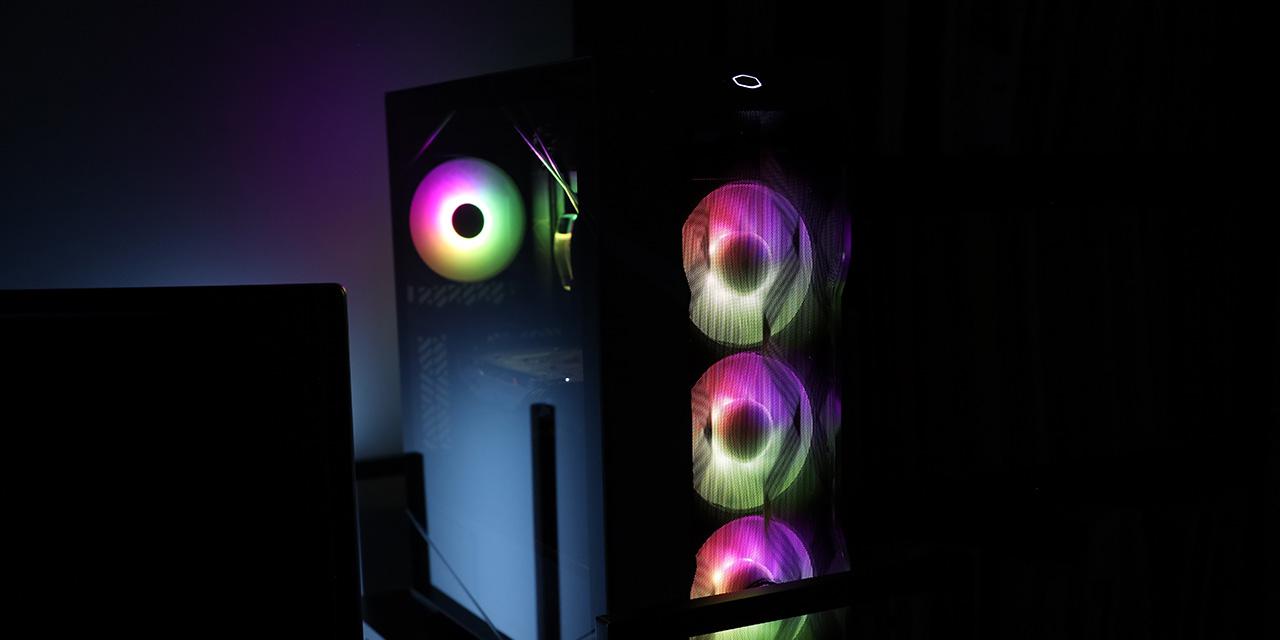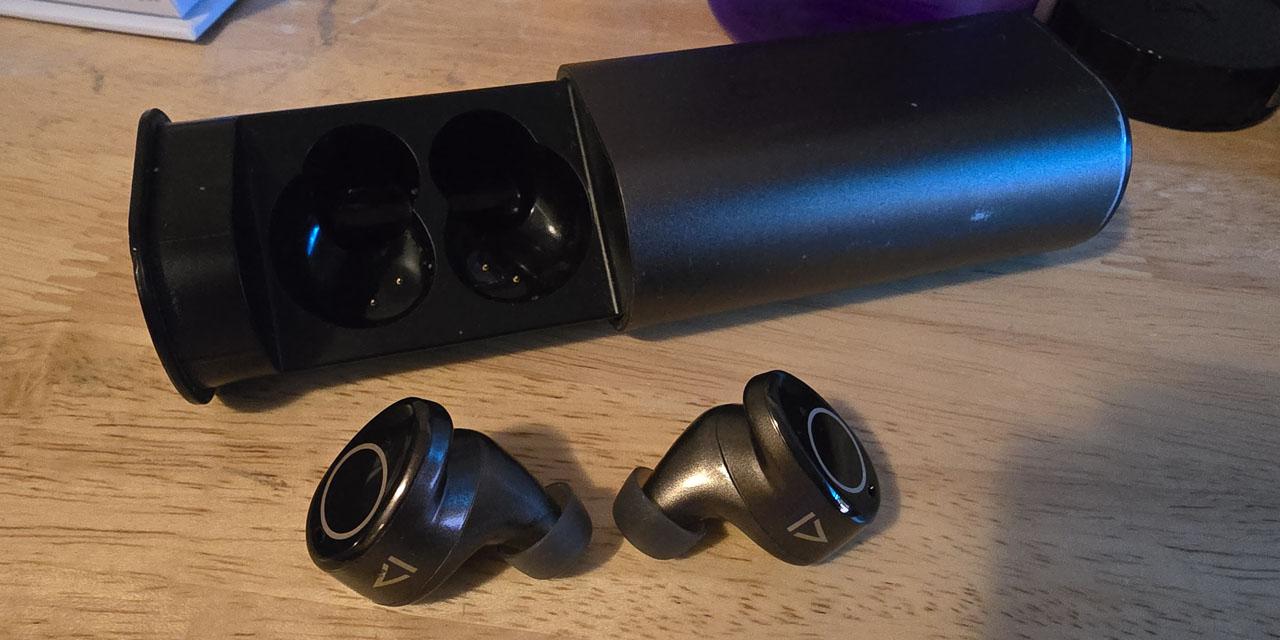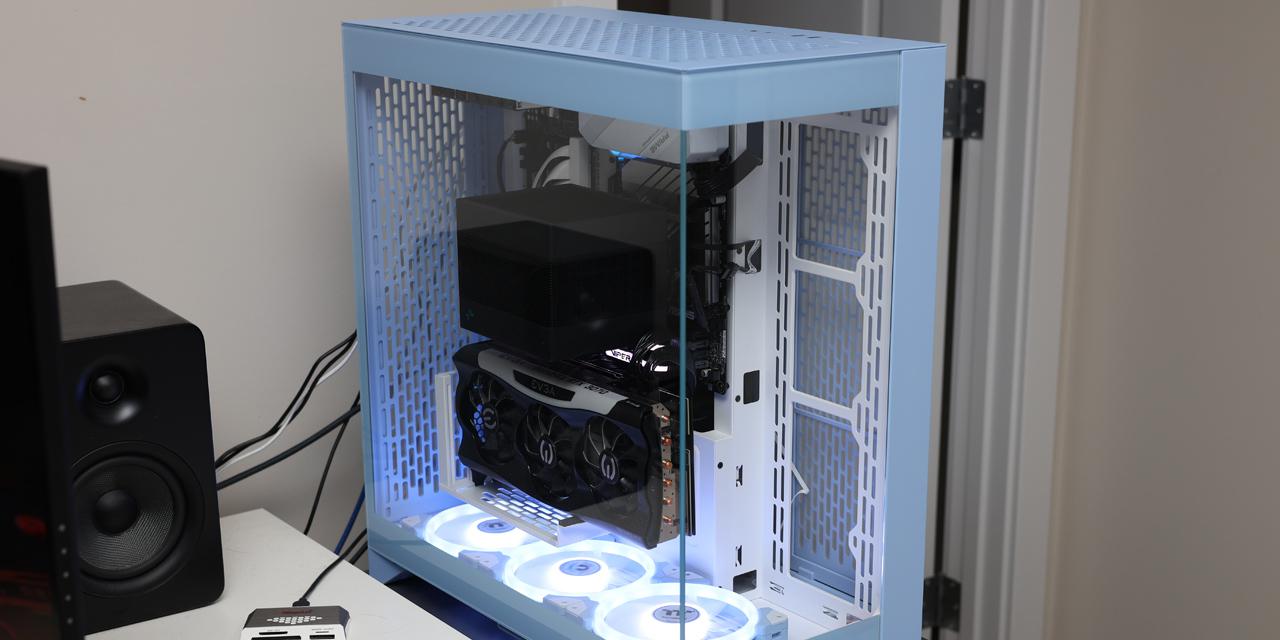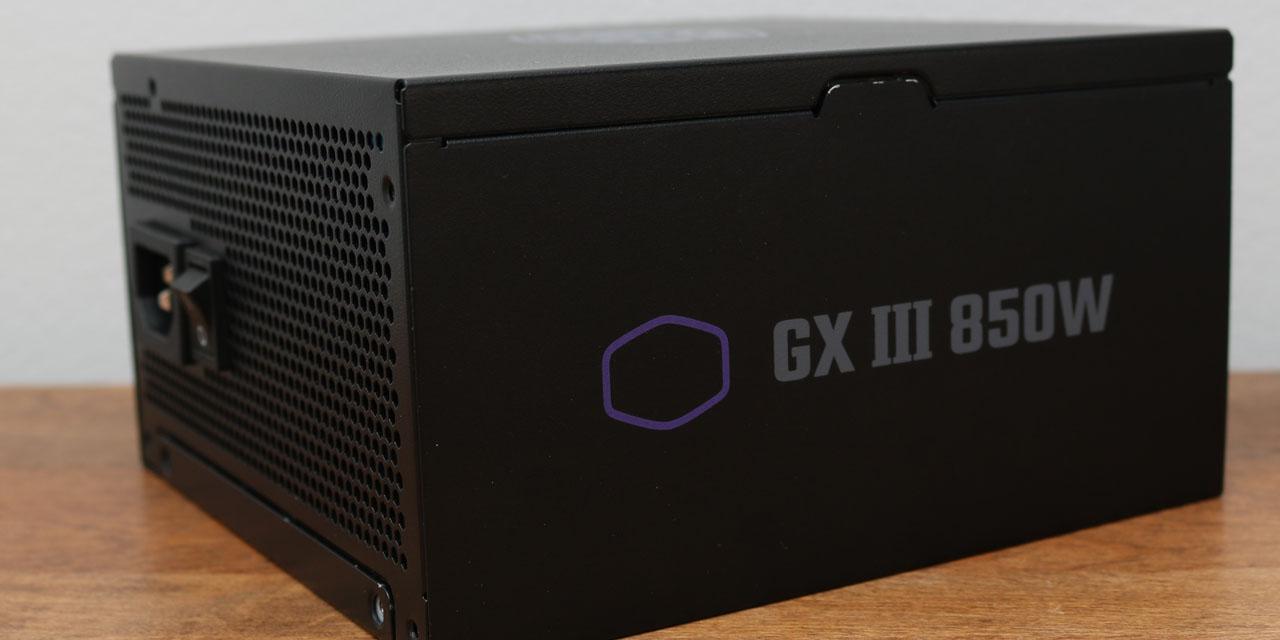|
From X-bit Labs: At the Intel Capital global summit, Intel's chief executive officer Paul Otellini said that starting next year ultra-thin laptops, which Intel calls "ultrabooks", will have touch-screens and will thus be able to act like tablets. But before such products emerge, Intel will have to solve a number of technical products that look serious enough to prevent widespread adoption of such hybrid ultrabooks. "Starting with Windows 8, you have a mainstream operating system incorporating touch[-screen technology]. Our view is that in the ultrabook lines, touch is a pretty critical enabler. When users see that new Windows interface, they are going to want to touch it. If the screen does nothing, you have disappointed [the] consumer," said Paul Otellini at Intel Capital global summit, reports Cnet News web-site. Touch-screens and tablets are currently two very hot topics for the whole industry as both promise a lot and have not reached the mainstream market yet. There are a number of things that prevent touchscreen-based devices to become widespread: one is manufacturing cost, another is heat produced by components of electronic devices. The pricing of touch-screens is something Intel intends to take care of next year, which will be pretty hard to do as notebook makers already have to use very thin display panels that are costly even now. "To hit the volume price points, we need to span $699 and up, and that's the goal fornext year. [...] In order for us to have an excited consumer at $699 and $799 price points, you have to be able to accelerate the reduction in [touch] cost. That's the kind of investment we will make around the ultrabook fund," said Mr. Otellini. Manufacturing costs usually get lower with mass production, but power consumption and heat issues should be resolved on the design level. If the bottoms of laptops can heat to up to 58°C without issues, then backsides of tablets should not get hotter than 38°C. Although ultrabooks will be able to throttle down platform's and microprocessor's clock-speeds, the devices will still remain too hot for usage in tablet mode with touch-screen input. Obviously, it is possible to install a touch-screen onto a traditional, not hybrid, notebook/ultrabook, the usage of touch-based input will be so limited that hardly any manufacturers will opt to install a touchscreen. View: Article @ Source Site |
 |
Intel Promises Ultrabooks with Touch-Screens in 2012
© Since 2005 APH Networks Inc. All trademarks mentioned are the property of their respective owners.
